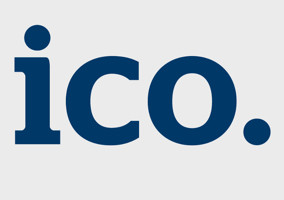The ICO has said that the FPS will not only to apply individual charities but also to “types of organisations” in a document it has produced ahead of the Fundraising and Regulatory Compliance Conference next week.
The ICO produced the Fundraising and regulatory compliance paper ahead of its joint conference on data protection with the Charity Commission and Fundraising Regulator in Manchester on 21 February. The paper has been circulated to the conference’s 300-odd delegates, but can be viewed on the ICO’s website here.
In a section on how the Fundraising Preference Service and Telephone Preference Service will interact, the ICO said that the FPS will not only apply to individual organisations singled out by subscribers, but also to wider “types of organisations”.
The section in full reads: “In our view, you should regard the FPS as acting on behalf of or as an agent for subscribers who wish to withdraw their consent or object to being contacted by particular bodies – it’s not a general objection to receiving marketing calls.
“Because it’s a clear and specific objection to a particular type of call from particular organisations or types of organisations, you should not call that number – regardless of whether it’s registered on the TPS or whether you had prior consent to call – as soon as you’re aware the number is registered”.
The paper also said that charities must obtain permission to use a person's data, even if it comes from publicly available sources.
Fundraising Regulator response
A spokesman for the Fundraising Regulator said the focus on the FPS would “be on the approach made by the organisation rather than whether it identifies as, for example, a medical body or cancer charity”, but said there was some “nuance around the use of the word ‘organisations’”.
This is the first time in any of the documentation produced on the FPS that allusions to it being applicable to entire groups of charities based on their shared charitable purposes has been made.
In its document, the ICO also said that the FPS “is intended to be a reset button” and said a charity's “inclusion on it would invalidate any consent to marketing that the individual had previously given”.
The terminology around the ‘reset button’ or total fundraising reset proposed in the Etherington Review was dropped by the Fundraising Regulator in the FPS model it produced in December 2016. The Fundraising Regulator said it had dropped the reset button during its FPS consultation, as sector respondents felt it was “too blunt”.
A spokesman for the Fundraising Regulator also told Civil Society News that a reset button “would not have helped someone like Olive Cooke who was a donor who wanted to stay in touch with some charities”.
Related Articles












